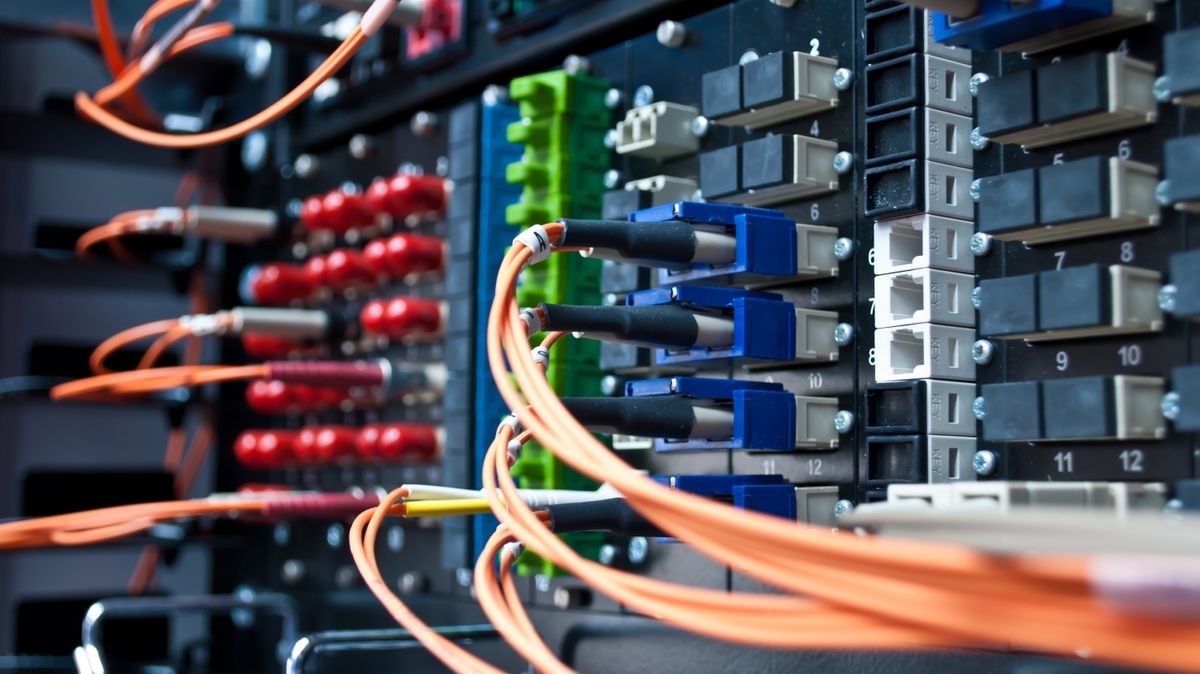
Small and medium businesses around the world will benefit from yet another company offering ultra-fast broadband. Amazon just announced the hardware requirements for Project Kuiper, a low-cost global internet service that has the potential to deliver large amounts of data with low latency.
The online shopping giant and cloud computing market leader plans to launch a massive global constellation of satellites into low-Earth orbit (LEO) to provide affordable internet access around the world.
LEOs orbit closer to Earth than larger GSO/GEO satellites, which is why they are so small. This means you’ll need more LEOs to get adequate coverage; however, with enough ground stations, the extra capacity can deliver large amounts of data with fast latency (typically around 20-40ms).
Project Kuiper will use the 17.8-18.6GHz frequency band and 28.6-29.1GHz frequency to communicate with ground stations.
Amazon is currently authorized to deploy and operate its own constellation of 3,236 LEO satellites under Project Kuiper. The company has said they will launch half of the constellation by July 2026 (FCC mandate), and then launch the rest by mid-2029 — far behind rivals SpaceX Starlink and UK-based OneWeb.
Project Kuiper kits and speed
Project Kuiper will ship three customer terminals (dish antennas) to the customer. The smallest (7 inches square) will be available to residential customers around the world; the larger version (11 inches square, 1 inch thick) is suitable for commercial and residential users, while the largest terminal (19 inches x 30 inches) is suitable for high requirements enterprise, telecommunications and government customers.
The smallest ultra-compact models offer broadband speeds of up to 100Mbps (megabits per second), while standard models offer speeds of 400Mbps and the largest models reach 1Gbps (gigabits per second). Unfortunately, we don’t yet know what upload speeds or eventual latency times it will achieve; however, we expect them to be similar to Starlink’s.
Businesses may be drawn to the larger endpoints, so the question arises: How much does this kit cost? Amazon hasn’t revealed pricing or service pack details, but they do mention that the smaller terminal will cost less than $500 (£411) to manufacture.
Rajeev Badyal, vice president of technology at Amazon Project Kuiper, said:
“Our goal with Project Kuiper is not only to connect unserved and underserved communities, but to delight them with the quality, reliability and value of its services. Every technology and Business decisions revolve around how to provide the best possible experience for our diverse clients around the world, and our range of client terminals reflect these choices.”
pass: ISP review (opens in a new tab)





